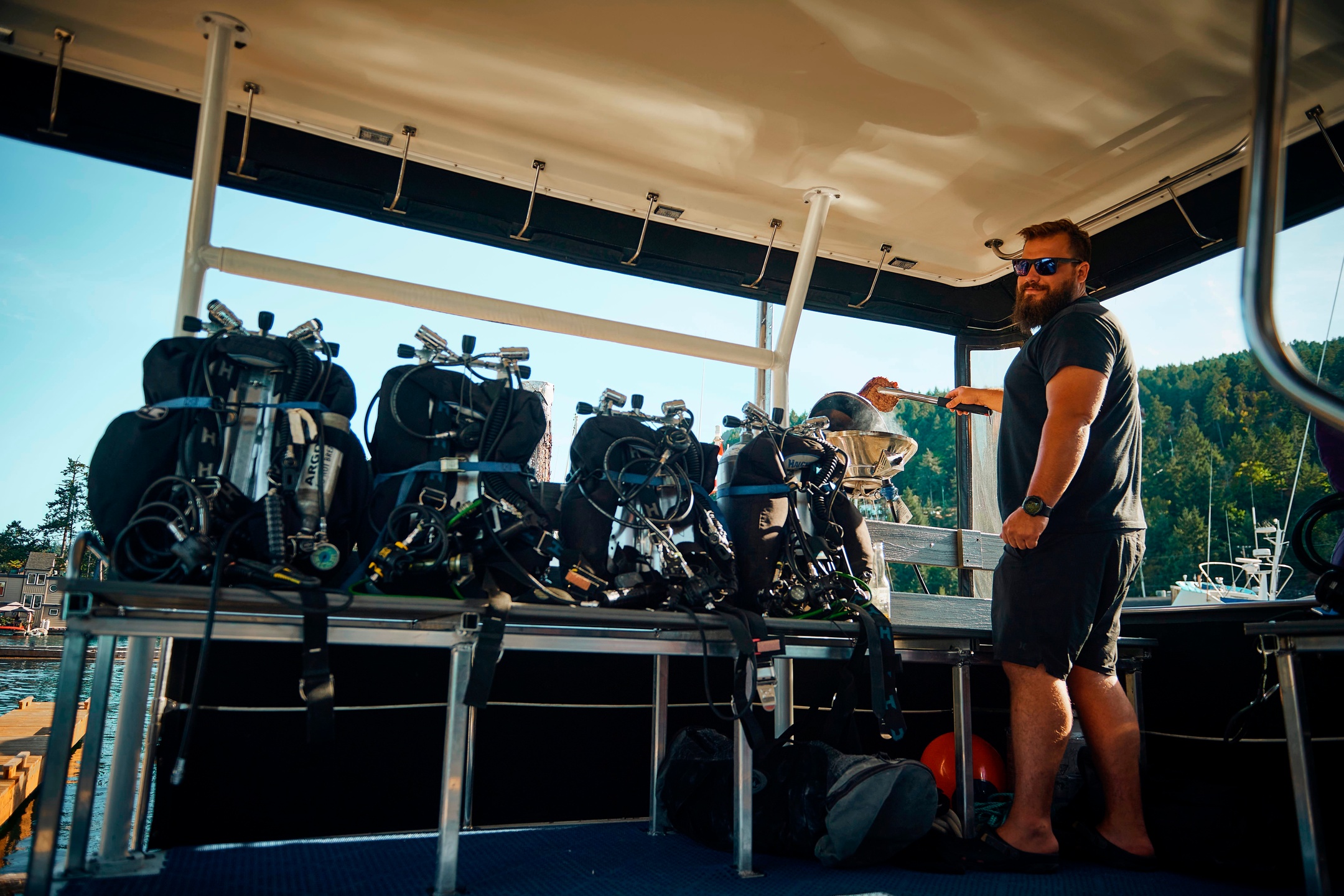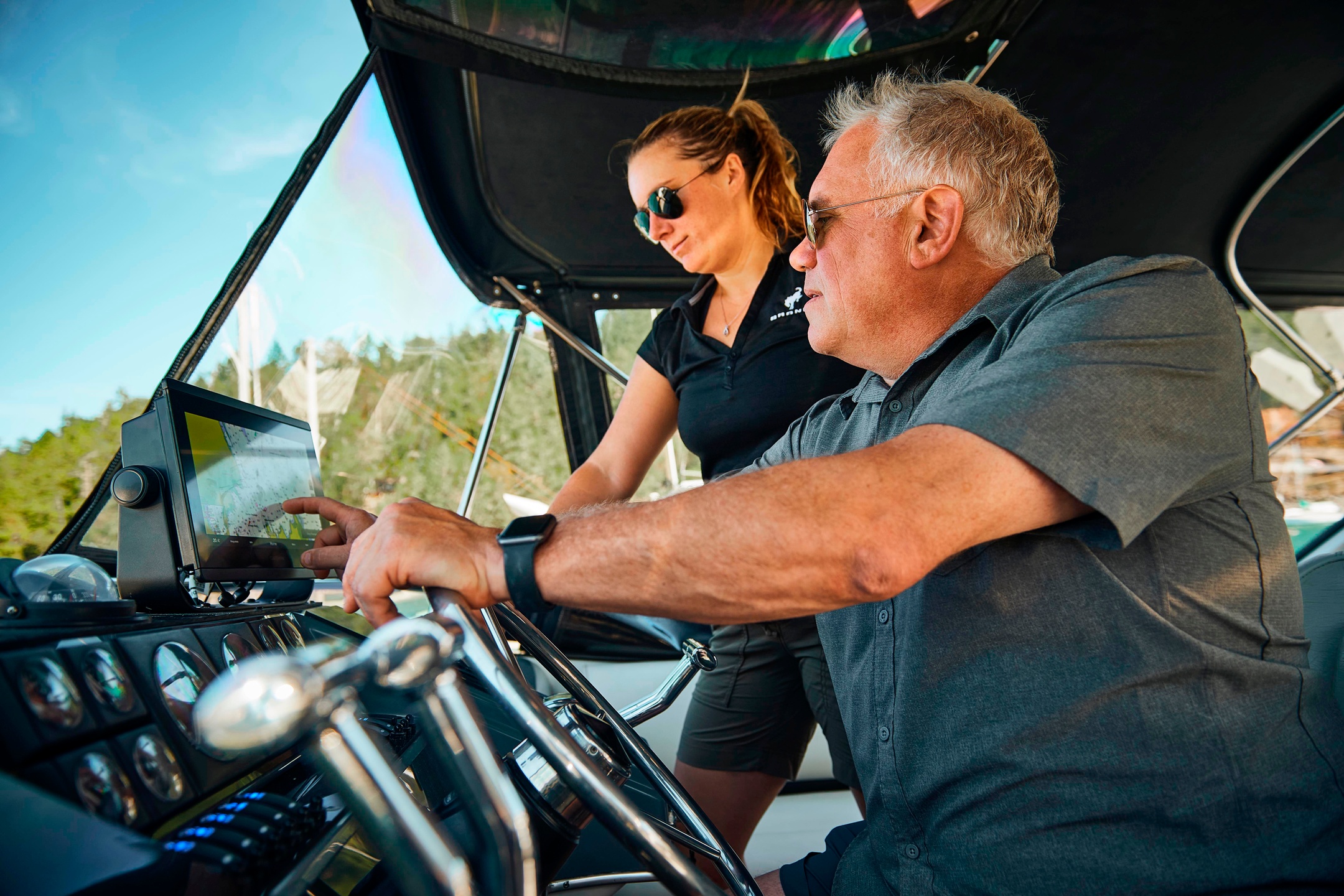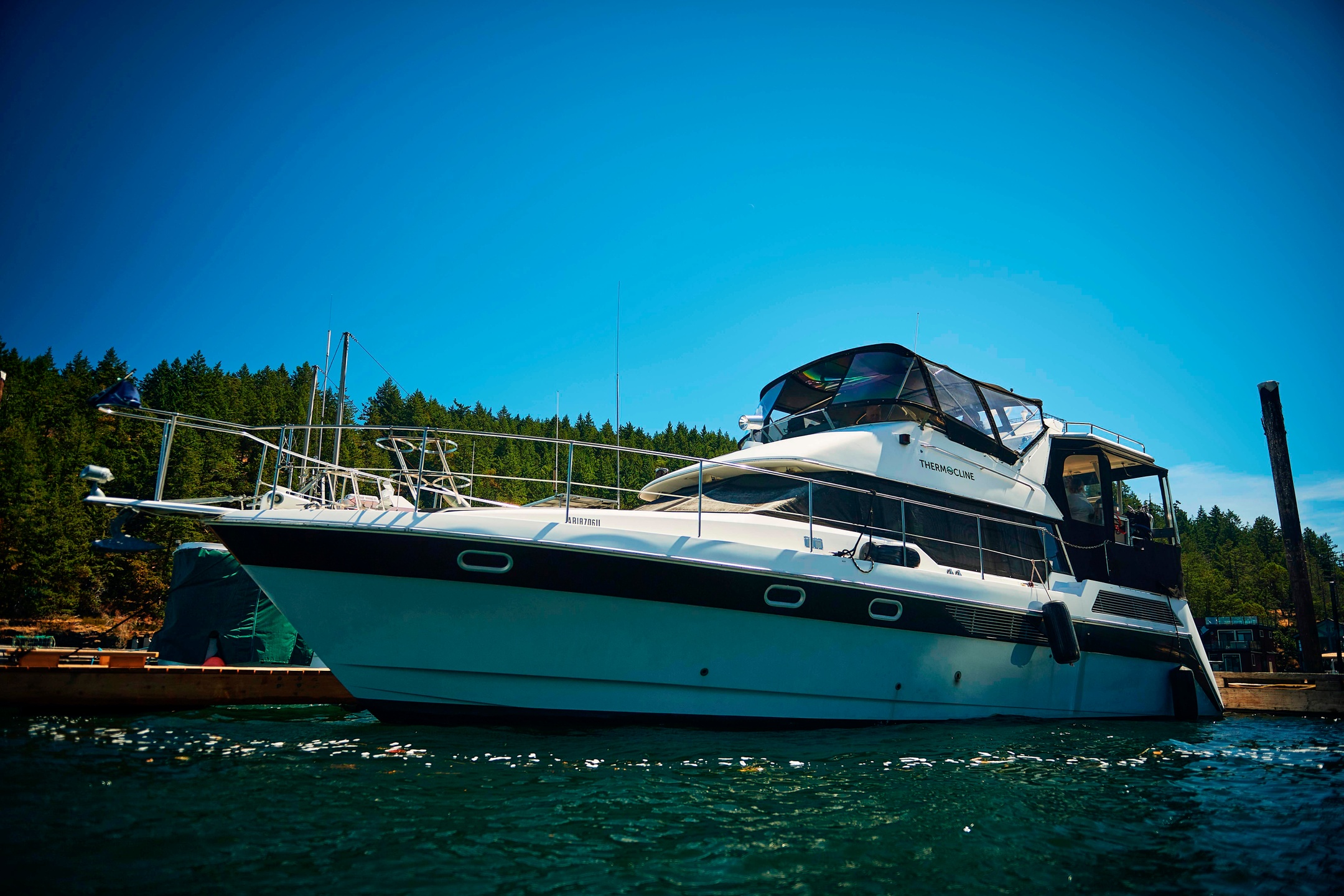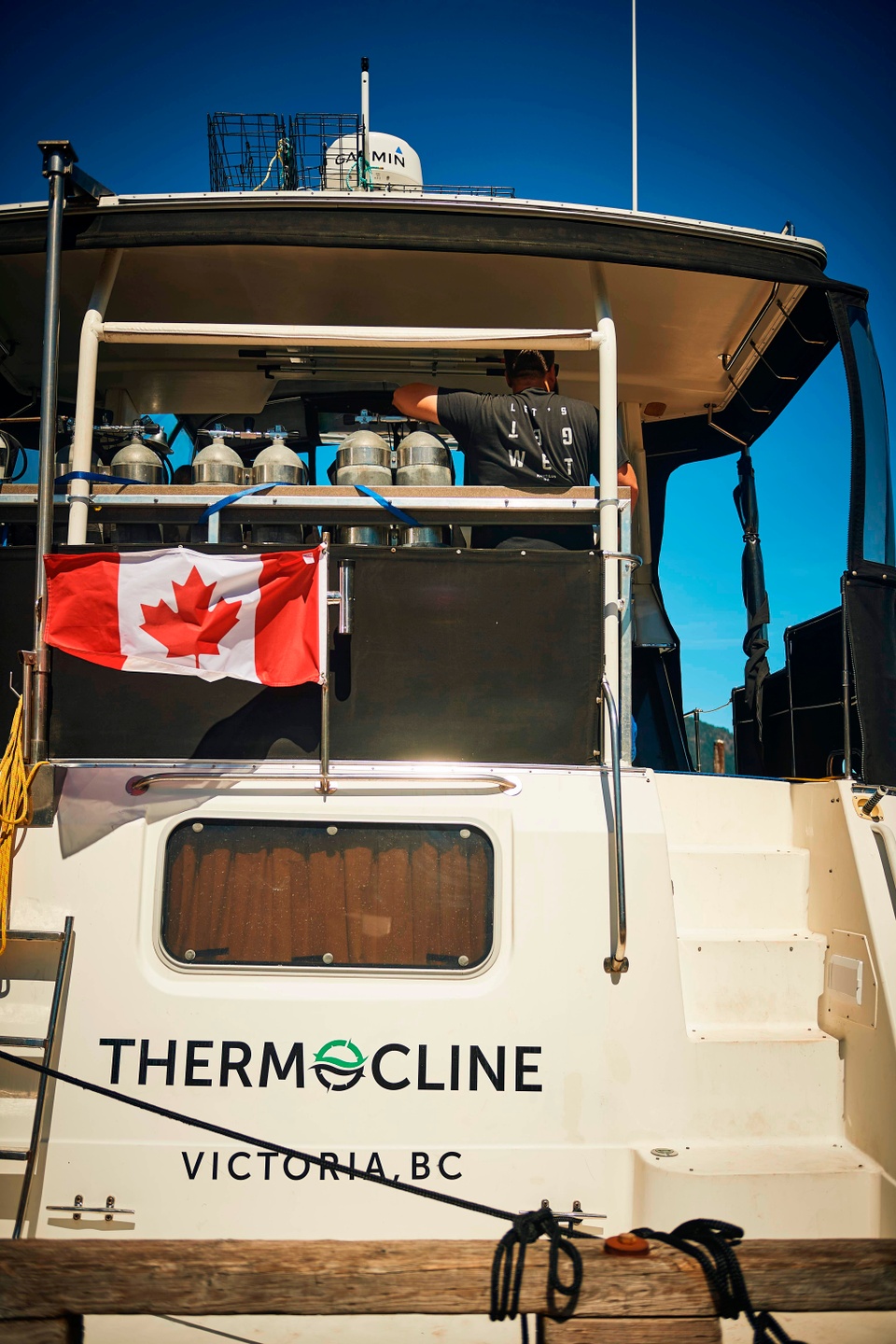Why Underwater Archaeology?
I grew up in the prairie provinces and the only water around was a few creeks and the odd dugout slough for gathering water for cattle. It was a big deal to get to a lake. In 1973 my mom bought the “World Book Encylopedia” and with it came a set of books that were all about exploration and history around the world. I worked my way through the encyclopedias, but I remember the exploration series as if it was yesterday. One of the books was all about underwater exploration and it, as they say, “left a mark”. In 1982, when I had the opportunity to take a family trip to Hawaii or stay home and learn to dive, I chose the latter. Back then the OW diving course was quite a bit different than it was today, but I distinctly remember learning to swim the length of the pool on a single breath-hold while replaying “lunatic Fringe” by the band “Red Ryder” in my head so I could focus on something other than the fact I was drowning. Most importantly, on our open water dives in Waterton lake in Southwest Alberta I saw my first wreck.
Fast forward to the early 90’s..
I found myself on Vancouver Island and starting to learn about just how many shipwrecks surrounded the island. A while later I learned of the Underwater Archeology Society of British Columbia and took some UW archeology classes with them and things became much more interesting!
I am passionate about history, and it was a significant portion of my undergraduate education. Now I was able to combine my twin passions of diving with history and then some world travel, and I was able to dive some amazing wrecks around the world. But my goal was always to spend more time diving our Vancouver Island wrecks. At the same time, I became heavily involved with Global Underwater Explorers (GUE) as their approach to diving and exploration and conservation resonated with me. For the next 15 years I trained hundreds of divers in GUE courses and made some terrific friendships.

Along this journey, I came to several realizations.
First, for many of us, the desire to explore is as natural as breathing. We wonder about what’s around the next corner and we feel a compulsion to follow the trail that goes into the woods. In fact, there has been much written about the “explorer gene” which suggests that this deep seated need to explore is in fact part of our genetic makeup. People learn to dive for various reasons, and one of the most common reasons is simply curiosity: 70 percent of the world is covered by water and its fascinating diversity calls many to explore.
I also recognized that, there exists few, if any, opportunities for divers to safely learn how to explore. Much current dive training focuses on a passive perspective of marine life and wreck observation, but those who are seriously motivated to explore and search for shipwrecks have few choices to undertake training, and once trained, limited or no opportunity to explore.
Magazines and journals
such as National Geographic capture our imagination with stories of adventure and exploration. These stories of explorers encourage us and show us what is possible and often outline how these adventurers became world class explorers. Yet, for every person who climbs Mount Everest, many thousands climb smaller mountains.
There are multiple international diving projects which operate at the pinnacle of excellence and use specialized research techniques, but access is limited to those with the credentials, experience, and social contacts to participate. Learning to dive is the necessary first step, but after that, there is no ready-made pathway or curriculum that allows basic diving skills to be enhanced to fulfill our desires for exploration.

The nature of the environment
dictates that significant underwater exploration usually requires a well-organized program that includes risk management and complex logistics. Unfortunately, because there is no recognized program that teaches anyone how to be a “diver-explorer”, everyone tends to make the same mistakes in their “learning by doing”.
But it doesn't have to be that way...

Opportunity meets Preparation
I wanted to provide an opportunity for divers to assemble the various skills and knowledge needed to “explore”. I wanted to help them find a way to connect that initial passion that got them into diving with opportunities to do just that. I was familiar with learning formats that included eLearning and modern technology and I wanted to combine them with many of the tried, tested, and proven ways to learn critical skills. I reached out to the Underwater Archaeology Society of British Columbia and presented my proposal and they thought it would be a good opportunity to inject some energy into their program. The UASBC put a lot of time and energy into creating a new UW archaeology program and this forms a large part of our course. The UASBC contribution is simply unmatched anywhere else in the world.
I also believed that this would be an opportunity to help divers recognize the importance of the recent emphasis on non-technical skills and “Human Factors” and how important this was to learn to be a safer diver. I asked my good friend Gareth Lock to contribute to the course and he has provided some great Human Factors learning. Since we needed to do a project report at the end of every course, I asked another close friend, Michael Menduno to help us with report writing. Who better to provide some tips in that regard than a world class diving author and former writer for the Washington Post?

The Underwater Archaeology and Exploration Diver
I combined all these aspects in a modern learning format that uses a combination of eLearning, foundational skills training, and actual project diving to teach a diver in how to conduct their own exploration projects. This incidentally required the purchase and customization of a diving vessel to support our endeavors! There were a lot of long days and long nights working on the program itself, plus the hands-on work to customize the actual boat! My goal was to create a different experience that was about quality and not quantity. The boat is fantastic and is more of a floating classroom than your traditional dive boat. All in all, the course promises to be exciting, fun and will provide a portal to subsequent exploration opportunities
Our project is finally ready for primetime! The boat is ready, the course is available on our eLearning platform, and even the website has been updated and renamed. I have scheduled our 2022 course calendar and there are now class dates for interested divers to register for courses. You can contact me directly at [email protected] for details or stay tuned for further announcements and information!
We hope you can come out and dive with us soon!
Find Course Dates
